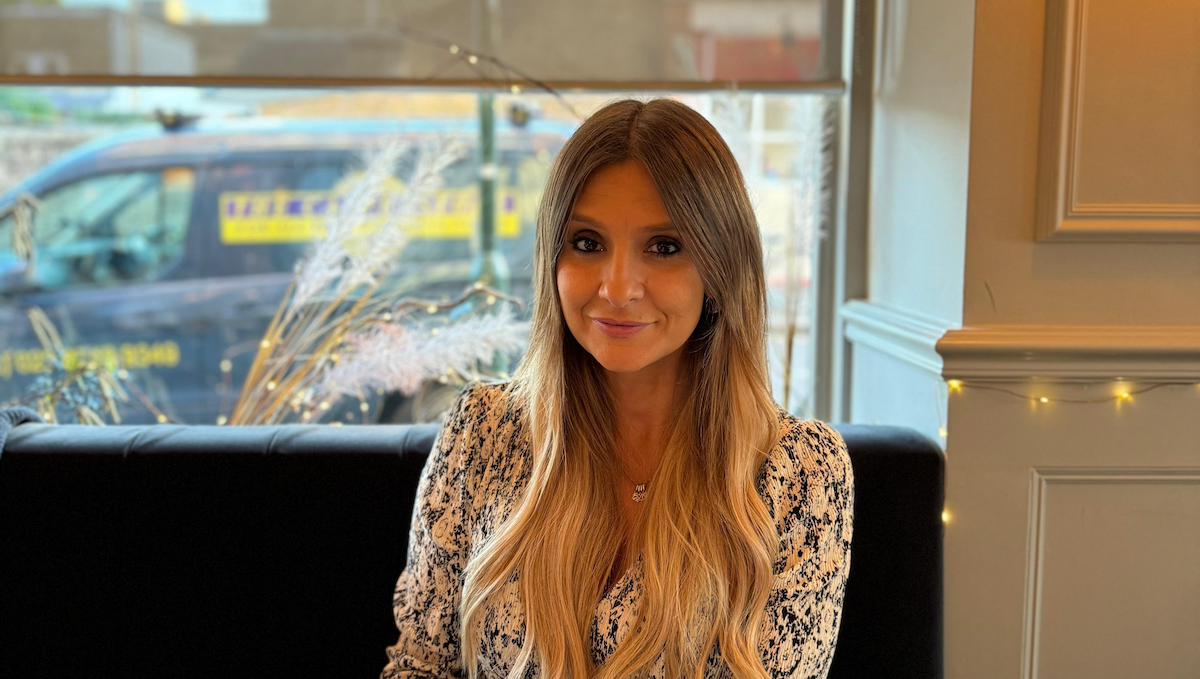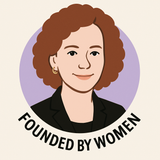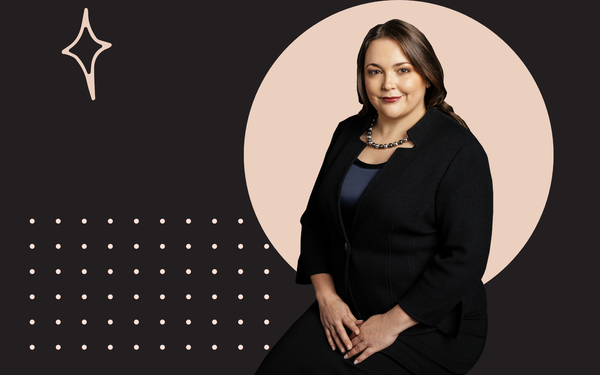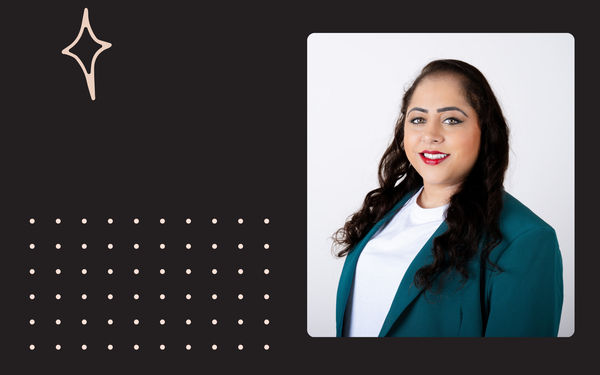Leading with Clarity: A Conversation with Steph Houston on Building People-First Cultures

In the fast-paced world of scaling businesses, few leaders understand the delicate balance between operational excellence and human-centered culture quite like Steph Houston. As Head of People at Phyron, a Stockholm-headquartered European company with a key hub in London that's at the forefront of automotive technology, Steph has built her reputation on turning workplace ambiguity into alignment and transforming good intentions into genuine inclusive experiences.
Her approach is refreshingly pragmatic: she believes that the most impactful changes often happen in the small, unglamorous moments that no one sees coming. From implementing company-wide RACI frameworks that untangle ownership confusion to coaching managers on creating space for quieter voices in meetings, Steph's leadership philosophy centers on the idea that sustainable culture change happens through consistent, intentional action rather than grand gestures.
In this conversation, Steph shares her insights on what it really takes to build inclusive cultures, offers candid advice for women aspiring to leadership in People & Culture, and demonstrates how empathy and business outcomes can coexist—even when the path forward gets uncomfortable. Her perspective challenges conventional wisdom about what it means to lead with both heart and spine in today's complex workplace landscape.
Below, Steph discusses her most impactful workplace initiatives, the realities of creating truly inclusive environments, and why she believes the future of People leadership requires less palatability and more power.
1. What's one workplace practice or policy you've implemented that you're particularly proud of?
Rolling out a clear, company-wide RACI framework. It might not sound flashy, and it definitely won't win any HR awards, but in a fast-moving business, clarity is everything. When I joined, there were moments where no one was quite sure who was doing what. Decisions stalled, things fell between the cracks, or - more often - people defaulted to asking HR to sort it out.
So I worked with teams across every function to define who's Responsible, Accountable, Consulted, and Informed for every key process and project - not just on paper, but in a way that reflected how things actually work on the ground. This wasn't about box-ticking. It was about untangling ownership.
We turned ambiguity into alignment. People stopped being looped into meetings they didn't need to be in. Decisions moved faster and maybe most importantly, managers started feeling more confident about what they owned, and where to push back.
It also helped push People out of the "catch-all" bucket and reposition us as enablers, not fixers. I'm proud of it not because it was complex, but because it's one of those quiet things that changed everything downstream.
2. What's the biggest challenge you've faced in creating inclusive cultures and what's worked best?
The hardest part, honestly, is closing the gap between what we say we value and what people actually experience day-to-day.
Most companies talk about inclusion. It's on the website. It's in the all-hands deck. But inclusion isn't a statement; it's a feeling. And if people are getting interrupted in meetings, if decisions are being made in closed circles, if only certain voices are consistently heard… then that's the real culture, no matter what's written on the wall.
And it's not always deliberate. Often, it's just habit. People default to what's comfortable, and inclusion requires you to stay conscious, even when things are busy or messy.
What's worked best for me is focusing on the small things that actually change how people experience work. I've coached managers to notice whose input is being skipped. I've added nudges into meeting formats to slow things down and create space for quieter voices. I've spoken up kindly, but directly, when someone gets left out of a loop or cut off in a discussion. Not to catch people out, but to create awareness.
These things are awkward at first. But the more we name them, the more normal it becomes to do better.
You can have the best policies in the world, but if people don't feel safe to speak up, challenge an idea, or show up fully, what's the point?
Inclusion isn't a project; it's a pattern. And it's built in the small moments when nobody's watching.
3. What advice would you give to women aspiring to lead in People & Culture?
Stop trying to be palatable, start being powerful. There's this unspoken pressure, especially for women in People roles, to be the calm one, the soft one, the fixer. To absorb tension, smooth things over. Keep the emotional peace while everyone else focuses on "the business."
But there is a truth that no one tells you early enough: You are the business.
You see the patterns before they show up in revenue. You feel the cracks in culture before they appear in attrition. And you carry stories leadership needs to hear, even when it's inconvenient. So don't dilute your voice to make it easier to listen to, and don't over-function so others can under-lead.
And definitely don't confuse "supportive" with "silent." Lead with heart, but don't apologise for having a spine.
That's where the real power is.
4. How do you balance empathy with business outcomes? Any examples of navigating that tension?
All the time, honestly - that's the job. A recent example: we had to scale back some of our People & Culture plans due to tighter commercial constraints. Things we'd promised, things people were excited about - career frameworks, new L&D tracks, engagement projects. The business needed us to prioritise ruthlessly.
And that's a hard ask, because I know how much this stuff matters to people. So instead of quietly shelving things or ghosting the momentum, I took a different approach.
I got in front of it and I named the reality. I explained the "why." And most importantly, I shared the truth: This isn't off the table, it's just not the right time. Here's what we're doing instead, and here's where we'll pick it back up when we can.
Empathy doesn't mean overpromising. It means being clear, honest, and respectful of people's expectations.
It's about holding people through the discomfort, not just trying to avoid it.
That balance is messy. But it's also where trust lives and grows.
Are you a woman leader with an inspiring journey to tell? Founded by Women is on a mission to elevate and amplify the voices of women making an impact.
If you're breaking barriers, driving change, or paving the way for others, we’d love to feature your story. Get in touch with us today!
👉 hi@foundedbywomen.org


